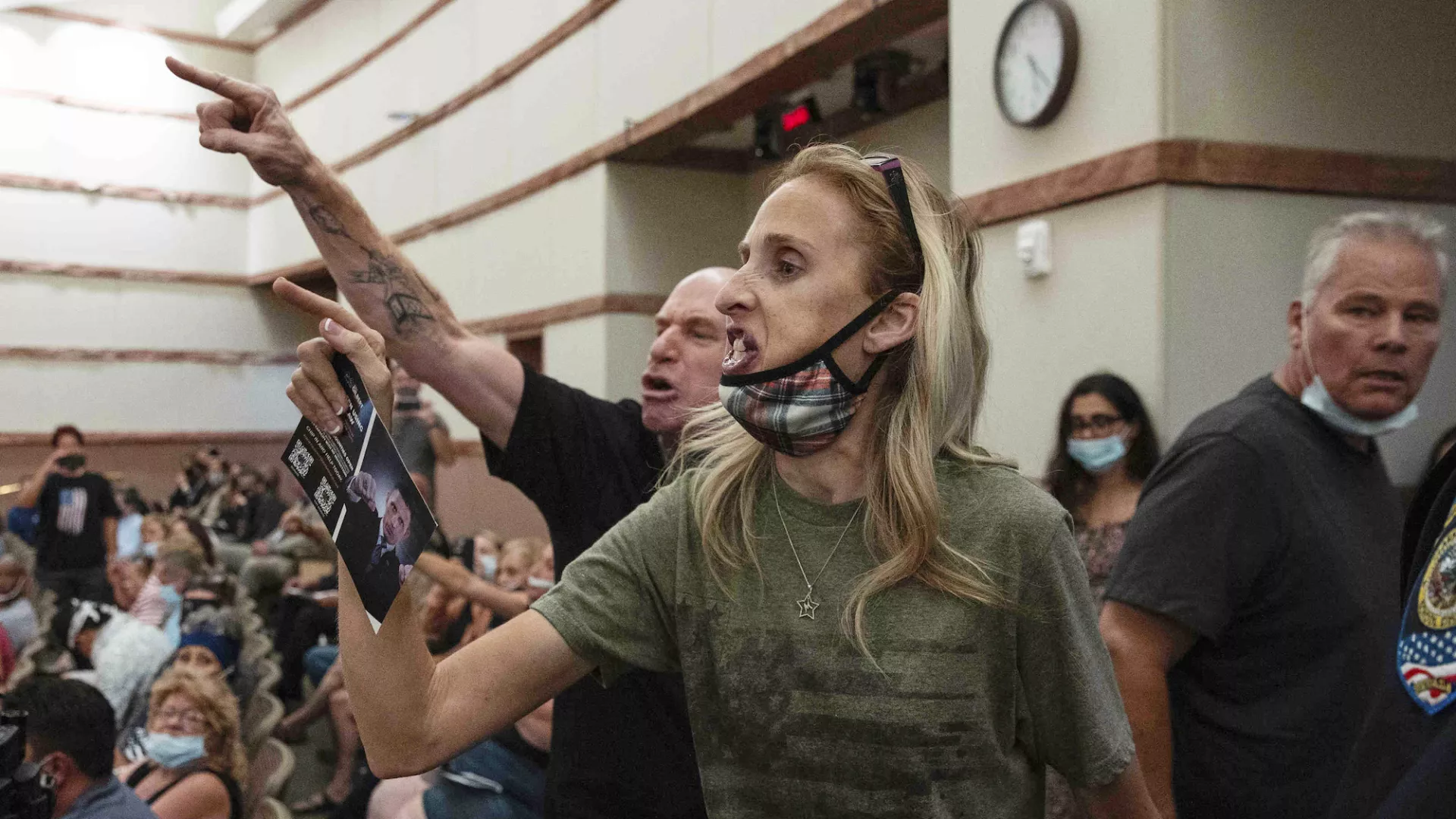Over the past few years, some politicians who are bent on dragging their culture wars into our public schools and onto our campuses have fueled an increase in violence and harassment directed toward educators.
These politicians want to censor the truth, ban books, whitewash history, and keep educators from doing their jobs in order to undermine trust in our educators and public education—even by stoking violence, fear, and intimidation.
This harassment often takes the form of verbal threats, online harassment, intimidation, and sexual harassment, and it can escalate to physical violence. American Psychological Association, Violence Against Educators and School Personnel: Crisis During COVID, Policy Brief 2 (2022). Go to reference Educators have reported a recent increase in online harassment, including doxxing—the practice of publicly revealing another’s private or identifying information on the internet.
Much of this harassment has been directed toward LGBTQ+ educators and educators who promote an honest and inclusive education. See Tim Walker, The Culture War’s Impact on Public Schools, NEA Today (Feb. 17, 2023). Go to reference
- 1 American Psychological Association, Violence Against Educators and School Personnel: Crisis During COVID, Policy Brief 2 (2022).
- 2 See Tim Walker, The Culture War’s Impact on Public Schools, NEA Today (Feb. 17, 2023).
This page is intended to provide general information. For specific advice, you should always contact your local union or attorney.
Join Our Movement



